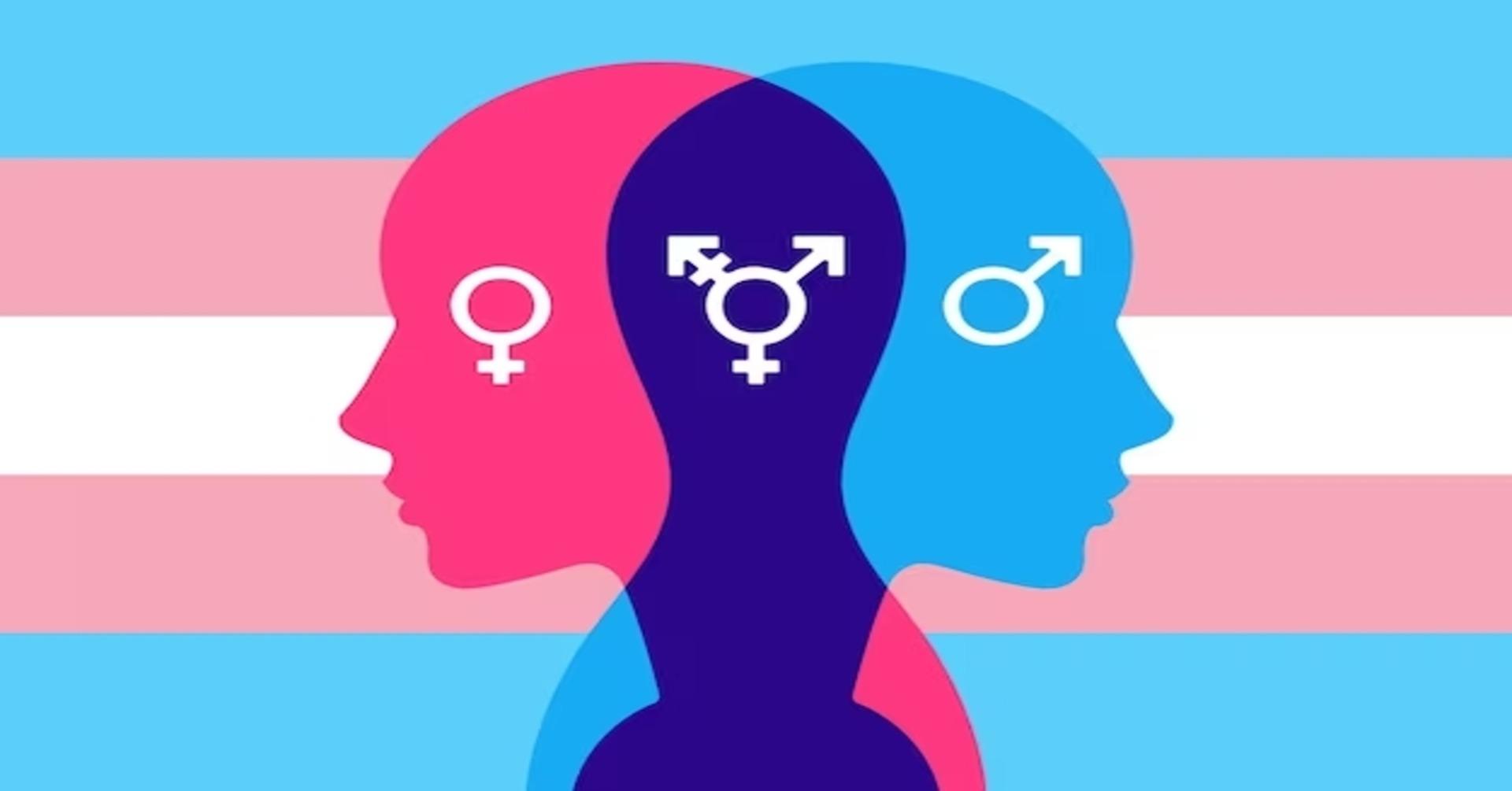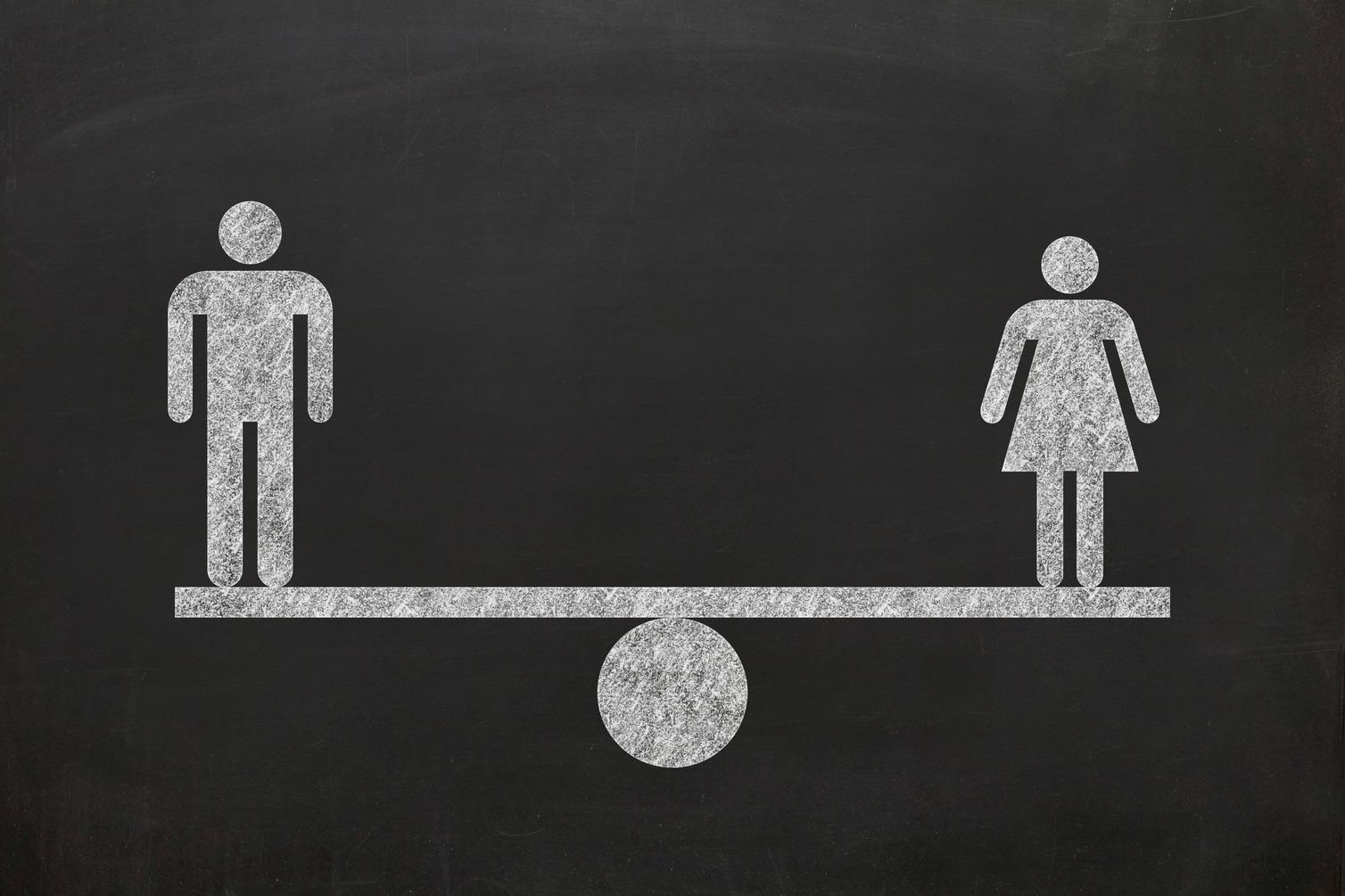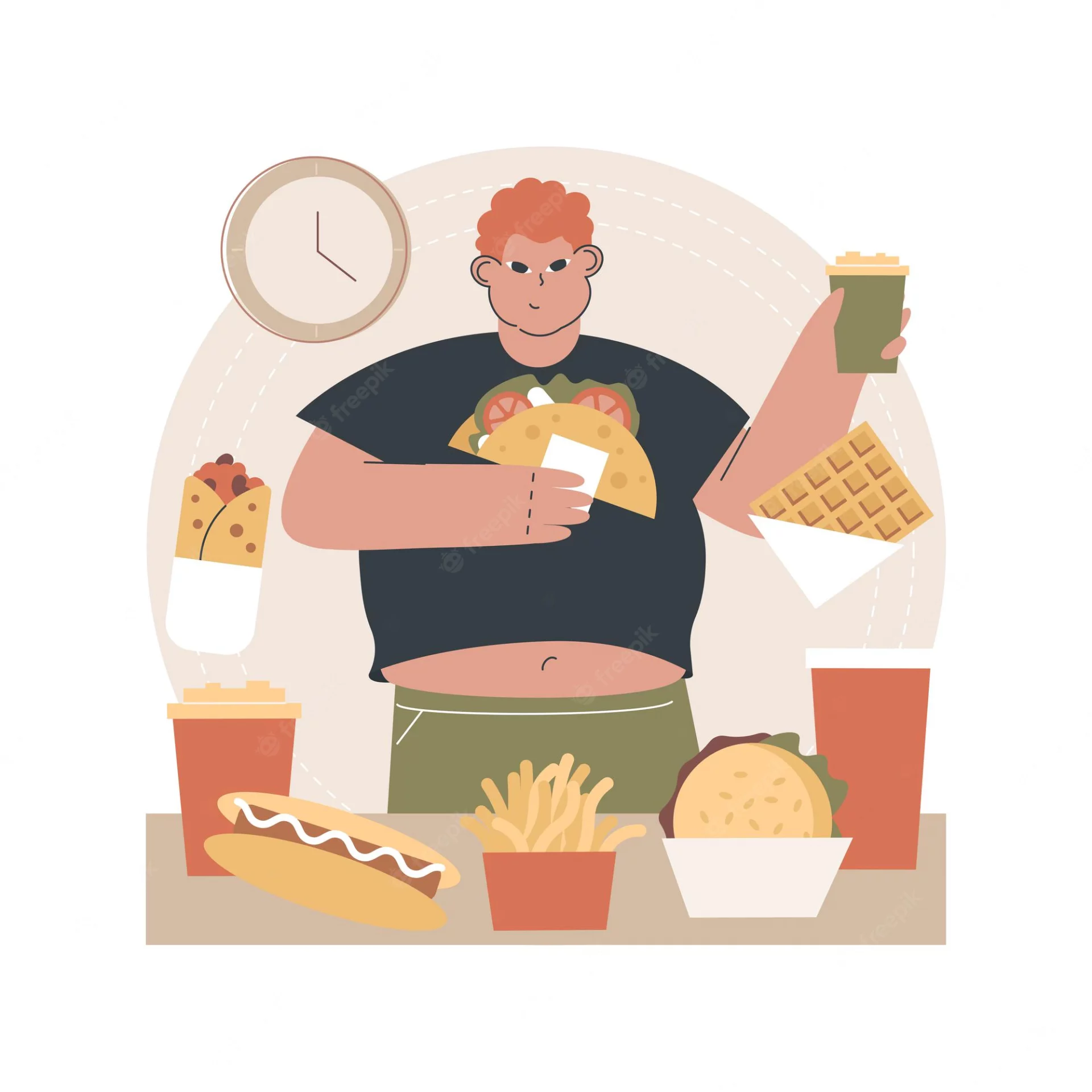Eating Disorder Test
Is your increase in appetite causing discomfort? Do you worry about food and have an unhealthy relationship with food consumption? Go through the Eating Disorder Test to assess your binge eating.

Instruction : For each time, indicate how much you have been engaging in the behavior described over the past month. Take your time and answer truthfully for the most accurate results.

Time is Up!

Time's up
This quiz/test is not a standardized tool. Hence the final score is not a definite indicator of the respective condition. It cannot replace a clinical diagnosis. Kindly consult a mental health professional if you find yourself agreeing to most of the symptoms on the test.
Who can take this quiz?
This Eating Disorder Test is designed for people who have an uncontrollable habit of eating excessive amounts of food over a two-hour period. If this kind of behaviour is not a one-off incident and seems to happen more often than not, it might be time to take an eating disorder quiz and seek help.
What purpose does this quiz serve?
There is no clinical diagnosis that can be made with this eating disorder test, mental health disorders can only be diagnosed by a licensed mental health provider or psychiatrists, or psychologists. The purpose of this eating disorder quiz is to provide you with a first step towards understanding any symptoms you might be experiencing in order to receive appropriate assistance.
How do you define an eating disorder test?
Eating disorders are a type of serious mental health condition characterised by severe disturbances in eating behaviours and thoughts related to food. People with eating disorders develop an unhealthy relationship with food, where they can be extreme in their consumption patterns. This may include fasting and starvation, or binge eating/eating large quantities of food in a two hour period, followed by purging or laxative abuse. Such people are likely to ahem an eating disorder and it might help to take an eating disorder test or eating disorder quiz to understand their condition better.
General Frequently Asked Questions
Eating disorders are behavioural conditions characterised by a severe and regular disturbance in eating patterns, and harbouring distressing thoughts and emotions related to food and eating. Due to the physical nature of the symptoms, eating disorders can cause emotional distress and risky medical complications. They can be very serious conditions that negatively impact physical, psychological and social function. If you reach a point where your eating patterns and unhealthy and affect your ability to function on a day to day basis, you may be qualified to have an eating disorder. You can check by taking an eating disorder test or eating disorder quiz.
BDD stands for Body Dysmorphic Disorder. People with BDD mayn’t necessarily indulge in binge eating and purging, but spend a lot of their time obsessing over their body and appearance, believing that their body is abnormal, deformed, unattractive, and overweight or pudgy, when they in fact, look normal and are not overweight or obese. Eating disorders on the other hand are a serious condition where an individual alters their relationship to food in a negative manner and begins to fast, starve themselves, binge eat, purge (self-induced vomiting), abuse laxatives and the like. Eating disorders can have serious mental and physical health implications. If you or anyone you know behaves this way, it might be a good idea to make them take an eating disorder test or eating disorder quiz to diagnose the problem.
There are many signs that a person may have an eating disorder.
- Weight loss is an obvious one, but that may not show up immediately – it may take a while for the weight loss to be so apparent that it is worrying.
- People with eating disorders may display behaviours where they avoid eating too much, skip mealtimes and make excuses to eat, eat at odd times or infrequently.
- On the other hand, the opposite can happen, where the person eats a lot of food in a small window of time (binge eating) and then tries to exercise excessively to burn off those calories. Binge eaters also have a tendency to go to the bathroom immediately after a meal to purge or induce vomiting. The Smell of vomit is another sign of an eating disorder.
- People with eating disorders also show a sudden interest or preoccupation with portion size, nutrition quotient, ingredient labels etc. They become very conscious of the ingredients list and the nutritional value of a type of food, especially the fat content.
- Those with eating disorders will also show signs of irritability and mood swings. It is a good idea to recommend to someone with these symptoms an eating disorder test or eating disorder quiz to diagnose the problem.
Doctors can look at the patterns in your eating habits and behaviours and understand whether you have an eating disorder. Doctors will diagnose based not on tests but on signs, symptoms and eating habits. If your doctor suspects you do indeed have an eating disorder, they will do a proper examination and might even suggest a blood test or ECG to check your vitals for any fluctuations. They may also prescribe speaking to a psychologist or therapist. If you feel you may have an eating disorder, the eating disorder test or eating disorder quiz can help diagnose the problem.
There are many different types of eating disorders, such as anorexia, bulimia nervosa, and BED or Binge Eating Disorder. BED or Binge Eating Disorder seems to be the one that is most prevalent. But the good news is, if the person who is suffering can get help and guidance at the right time, it is solvable. You can start with an eating disorder test or eating disorder quiz to diagnose the severity of the problem.
Eating disorders can happen at any age from children to adults, but it has been observed that a majority of eating disorders tend to develop during teenage and early adulthood.
Need a customized plan?
Disclaimer: According to an individual’s case severity, the sessions might vary.




